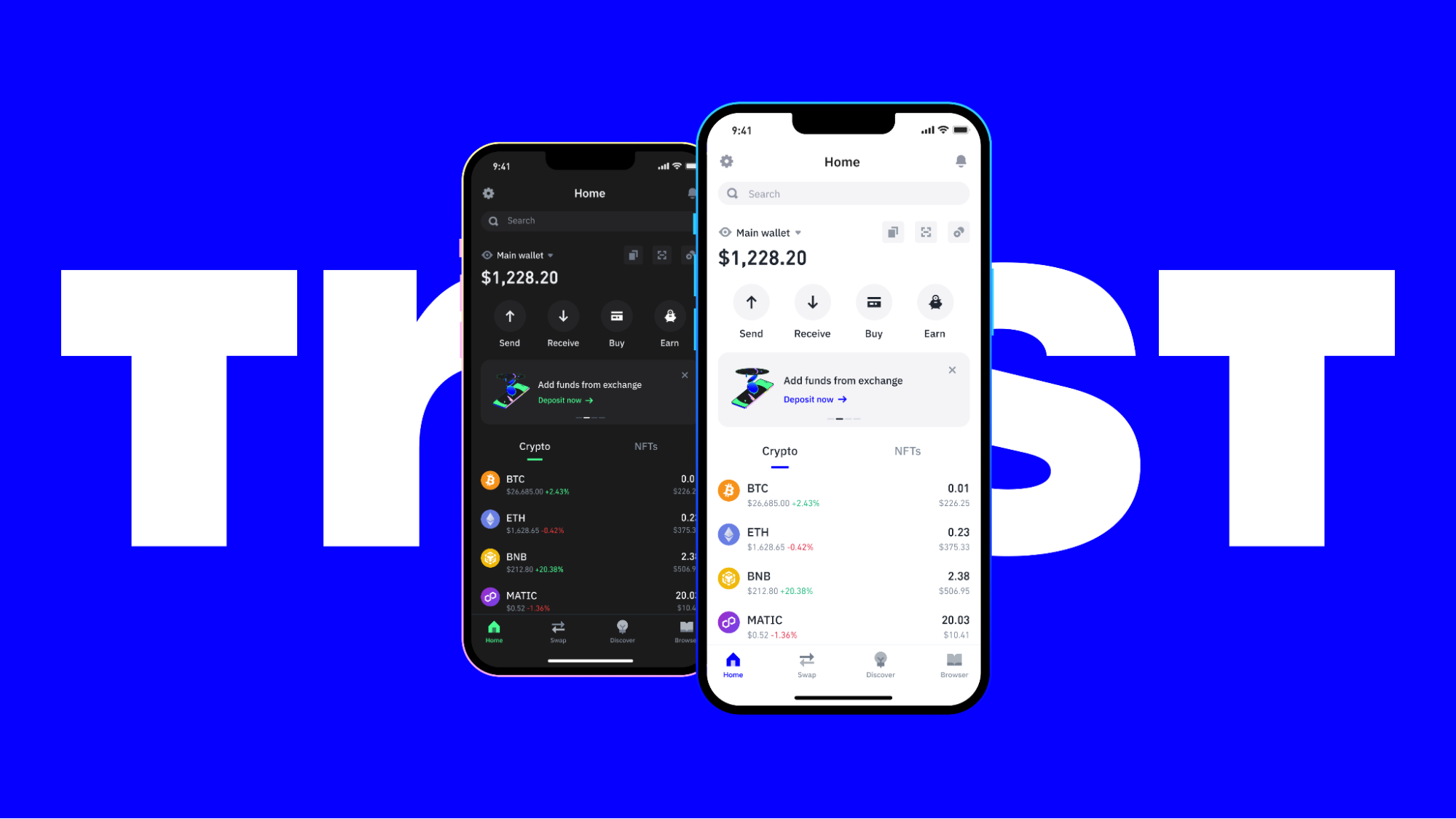In the rapidly expanding world of cryptocurrency, securing your digital assets has never been more important. Crypto wallets serve as the essential tools for storing and managing your digital currencies safely. Whether you’re an experienced trader or just getting started, understanding what a trustwallet is and how it functions is crucial for navigating this space.
What is a Crypto Wallet?
A crypto wallet is a digital tool that allows users to store, send, and receive cryptocurrencies. Much like a physical wallet that holds cash, a crypto wallet holds digital assets in the form of private keys, which are used to sign transactions. These private keys act as passwords, providing access to the cryptocurrencies stored on the blockchain.
There are two primary types of crypto wallets: hot wallets and cold wallets. Both serve the same function but differ in their security measures and use cases.
Types of Crypto Wallets
- Hot Wallets Hot wallets are connected to the internet, making them more convenient for frequent transactions. They are typically used for trading, buying, and selling cryptocurrencies. While they offer ease of access and speed, hot wallets are more vulnerable to online threats like hacking and phishing attacks.
Examples of hot wallets include:
- Software wallets: These are applications or programs installed on your computer or smartphone. Popular software wallets include MetaMask, Trust Wallet, and Exodus.
- Web wallets: These wallets are accessed through a web browser. Examples include blockchain.com and Coinbase Wallet.
- Cold Wallets Cold wallets, on the other hand, are offline wallets, making them far more secure against online threats. These wallets are typically used for long-term storage of cryptocurrencies and are ideal for individuals who do not need frequent access to their digital assets.
Examples of cold wallets include:
- Hardware wallets: These are physical devices that store your private keys offline. Popular hardware wallets include Ledger and Trezor.
- Paper wallets: These are physical pieces of paper that contain your private keys and public addresses. While they are secure when properly stored, they are susceptible to physical damage or loss.
How Do Crypto Wallets Work?
Crypto wallets use public and private keys to facilitate transactions. The public key is a cryptographic code that allows you to receive cryptocurrency, similar to an email address. The private key, however, is a secret key that allows you to sign off on transactions and access your funds. It’s vital that you keep your private key secure, as anyone who gains access to it can access your assets.
When you want to send cryptocurrency, your wallet uses the private key to sign a transaction and send it to the blockchain. The blockchain network then verifies the transaction, ensuring the integrity and security of your digital assets.
Choosing the Right Crypto Wallet
The right crypto wallet for you depends on your specific needs and how you plan to use your cryptocurrency. Here are a few factors to consider when selecting a crypto wallet:
- Security: If security is your top concern, consider using a cold wallet like a hardware wallet. This is especially important for long-term storage of large amounts of crypto.
- Convenience: If you need to access your assets frequently, a hot wallet may be the better option, as they are easy to use and provide quick access.
- Supported Cryptocurrencies: Not all wallets support all types of cryptocurrencies. Make sure the wallet you choose supports the digital assets you plan to store or trade.
- User Experience: Wallets come in various designs, and the user interface can differ greatly. Choose one that is easy for you to use, especially if you’re a beginner.
- Backup and Recovery: Ensure the wallet offers options for backing up and recovering your keys in case your device is lost or damaged.
Protecting Your Crypto Wallet
Crypto wallets are secure, but like any digital system, they are vulnerable to theft if not properly protected. Here are some tips to keep your wallet secure:
- Use Strong Passwords: Protect your hot wallet with strong, unique passwords.
- Enable Two-Factor Authentication (2FA): For extra security, enable 2FA on your wallet, especially if it’s a hot wallet.
- Keep Your Private Key Offline: If using a cold wallet, keep your private key secure and offline to protect it from online threats.
- Backup Your Wallet: Regularly back up your wallet, especially if it’s a hot wallet, and store the backup in a safe location.
- Be Wary of Phishing Scams: Only interact with trusted sources and avoid clicking on suspicious links or emails.
